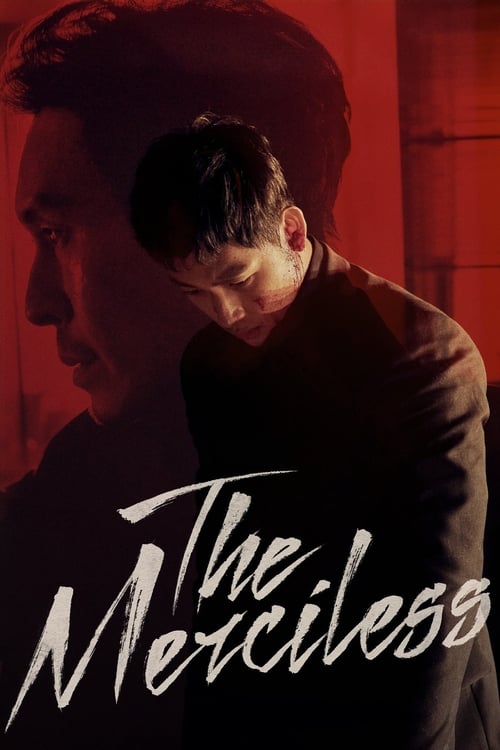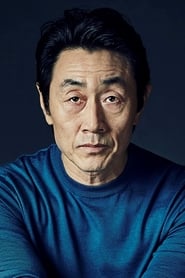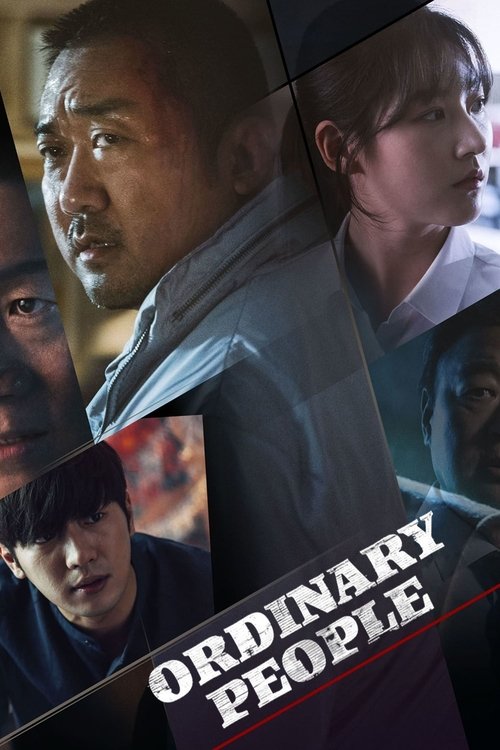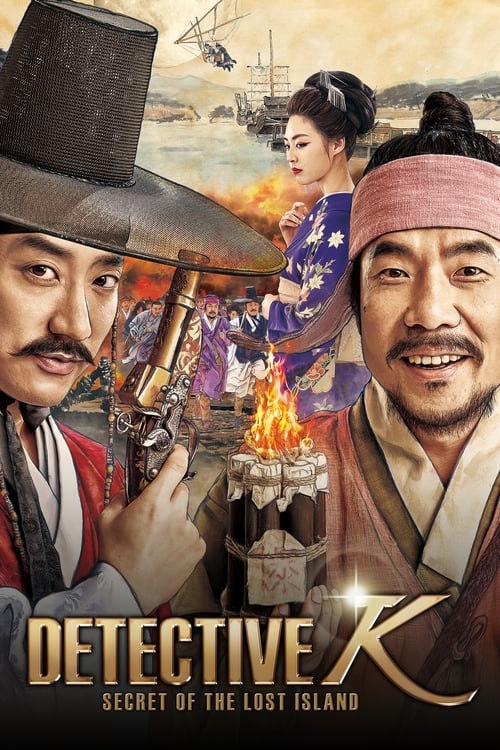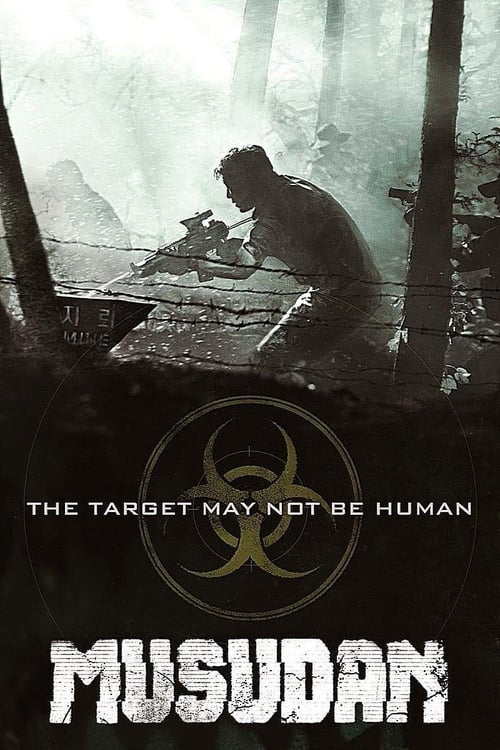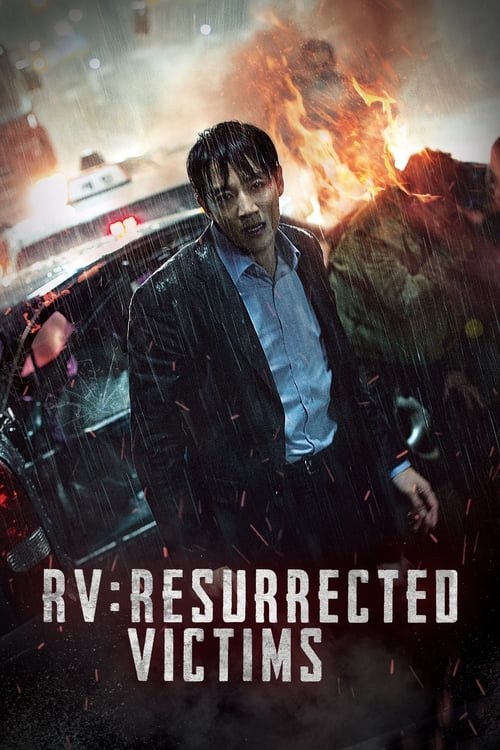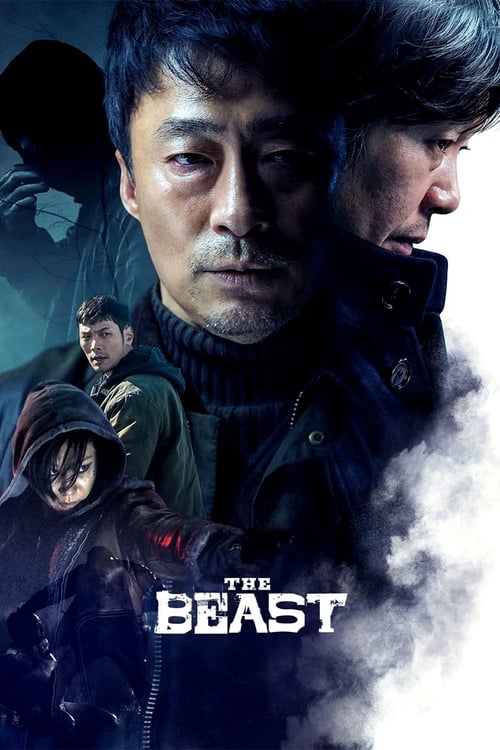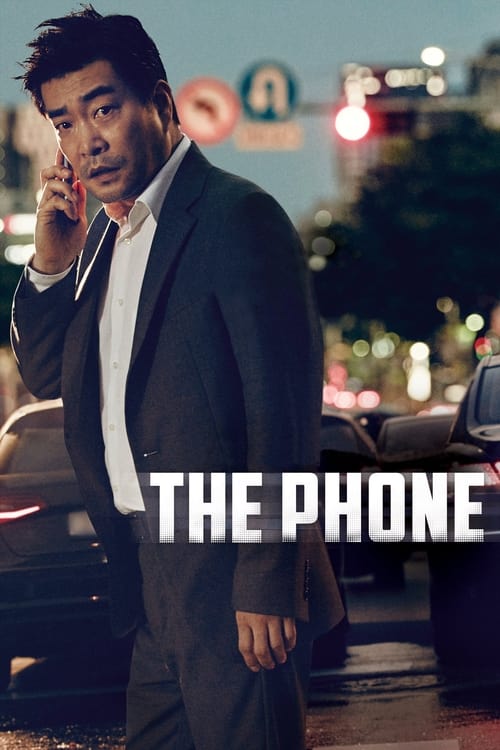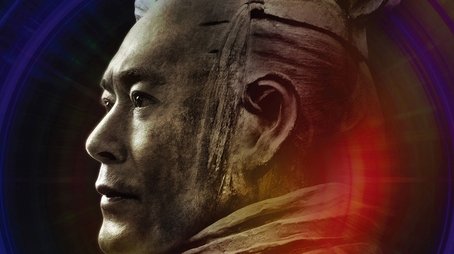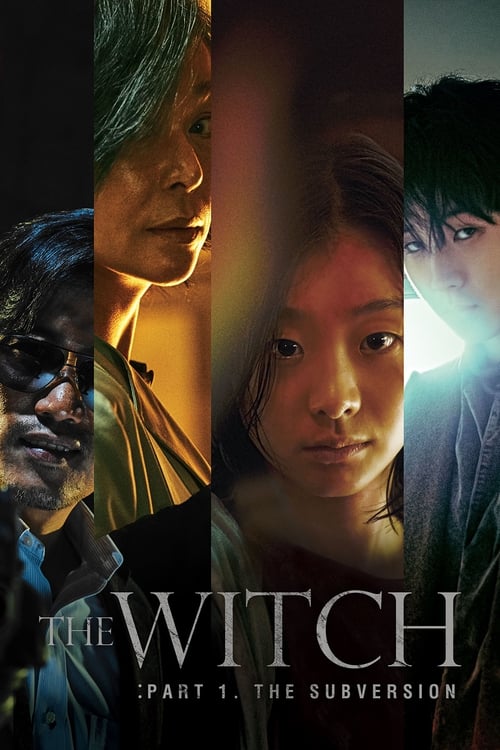
Ask Your Own Question
What is the plot?
Sorry, we aren't able to watch and write up a full detailed plot yet. Check back in a few days.
What is the ending?
In the ending of "The Merciless," the story culminates in a violent confrontation between the main characters, leading to betrayal and a tragic resolution. The protagonist, Jae-ho, faces the consequences of his choices, and the film concludes with a sense of inevitable fate for the characters involved.
As the final act unfolds, the tension escalates within the prison where Jae-ho and his associates are held. Jae-ho, who has been navigating the treacherous world of crime and loyalty, finds himself at a crossroads. He is confronted by his former mentor, the ruthless gang leader, who has orchestrated a plan to eliminate Jae-ho and solidify his own power.
In a dimly lit room, the atmosphere is thick with betrayal. Jae-ho, feeling the weight of his decisions, realizes that trust is a fragile commodity in their world. The confrontation is intense, filled with emotional turmoil as Jae-ho grapples with his loyalty to his friends and the harsh reality of survival.
As the scene progresses, Jae-ho's internal conflict becomes palpable. He is torn between his desire for freedom and the bonds he has formed with his fellow inmates. The stakes are raised when he learns that his closest ally, who has been a source of support, has been playing both sides. This revelation shatters Jae-ho's sense of security and trust.
The climax reaches its peak when a violent showdown erupts. Jae-ho, fueled by desperation and betrayal, fights back against his former mentor. The struggle is brutal, showcasing the raw emotions of anger, fear, and the instinct to survive. In the chaos, Jae-ho's actions lead to a tragic outcome, resulting in the death of key characters who have been pivotal throughout the story.
As the dust settles, Jae-ho is left standing amidst the wreckage of his choices. The emotional weight of his actions hangs heavy in the air. He realizes that the world he has been a part of is unforgiving, and the bonds he thought were unbreakable have crumbled. The film closes on a haunting note, with Jae-ho reflecting on the cost of loyalty and the harsh realities of the life he has chosen.
In the end, Jae-ho's fate is sealed by the very choices he made in pursuit of power and survival. The film leaves the audience with a stark reminder of the consequences of betrayal and the fragility of trust in a world where mercy is a rare commodity.
Is there a post-credit scene?
The movie "The Merciless," released in 2017, does not have a post-credit scene. The film concludes its narrative without any additional scenes or content after the credits roll. The story wraps up with the resolution of the main plot, focusing on themes of betrayal, loyalty, and the harsh realities of life within the criminal underworld. The absence of a post-credit scene allows the audience to reflect on the intense and dramatic events that have unfolded throughout the film.
What role does the character of the police officer play in the story?
The police officer, who is determined to bring down the criminal organization, serves as a moral counterpoint to the main characters. His relentless pursuit of justice adds tension to the narrative, as he becomes increasingly aware of Jae-ho's involvement in the gang. His character embodies the law's struggle against corruption and serves as a catalyst for Jae-ho's internal conflict, pushing him to confront the consequences of his choices.
What motivates the character Jae-ho to become involved in the criminal underworld?
Jae-ho, played by Kim Sung-kyu, is initially portrayed as a man seeking a fresh start after being released from prison. His motivation to delve into the criminal underworld stems from a combination of desperation and the allure of power and respect that comes with being part of a gang. As he navigates this dangerous world, his internal conflict grows, torn between his desire for a better life and the violent reality he faces.
How does the relationship between Jae-ho and the character of Do-il evolve throughout the film?
The relationship between Jae-ho and Do-il, portrayed by Jung Woo-sung, begins with a mentor-mentee dynamic, where Do-il represents the criminal authority that Jae-ho aspires to emulate. As the story progresses, their bond becomes increasingly complex, marked by betrayal and moral dilemmas. Jae-ho's admiration for Do-il turns into a struggle for power, leading to a tense rivalry that highlights their contrasting values and ambitions.
What are the key events that lead to the climax of the film?
Key events leading to the climax include Jae-ho's rise within the gang, his increasing disillusionment with the violent lifestyle, and the betrayal he faces from those he trusted, particularly from Do-il. Tensions escalate as rival factions clash, and Jae-ho is forced to make critical decisions that test his loyalty and morality. The climax is marked by a violent confrontation that forces Jae-ho to confront the reality of his choices and the cost of his ambition.
How does the theme of betrayal manifest in the relationships between characters?
Betrayal is a central theme that manifests through the shifting loyalties among characters, particularly between Jae-ho and Do-il. As Jae-ho rises in the ranks, he faces betrayal from those he considered allies, leading to a profound sense of isolation. Do-il's eventual betrayal of Jae-ho, driven by his own survival instincts, highlights the precarious nature of trust in the criminal world, ultimately leading to tragic consequences for both characters.
Is this family friendly?
"The Merciless," produced in 2017, is not considered family-friendly due to its intense themes and graphic content. Here are some potentially objectionable or upsetting aspects that may affect children or sensitive viewers:
-
Violence: The film contains several scenes of brutal violence, including physical confrontations, beatings, and graphic depictions of injuries.
-
Murder: There are instances of murder that are portrayed in a stark and unsettling manner, contributing to the film's dark atmosphere.
-
Crime and Corruption: The narrative revolves around organized crime, betrayal, and moral ambiguity, which may be distressing for younger audiences.
-
Strong Language: The dialogue includes frequent use of strong profanity, which may not be suitable for children.
-
Emotional Turmoil: Characters experience intense emotional struggles, including betrayal, guilt, and despair, which could be upsetting for sensitive viewers.
-
Drug Use: There are references to drug use and the impact of addiction, which may be inappropriate for younger audiences.
Overall, the film's mature themes and graphic content make it more suitable for adult viewers.

